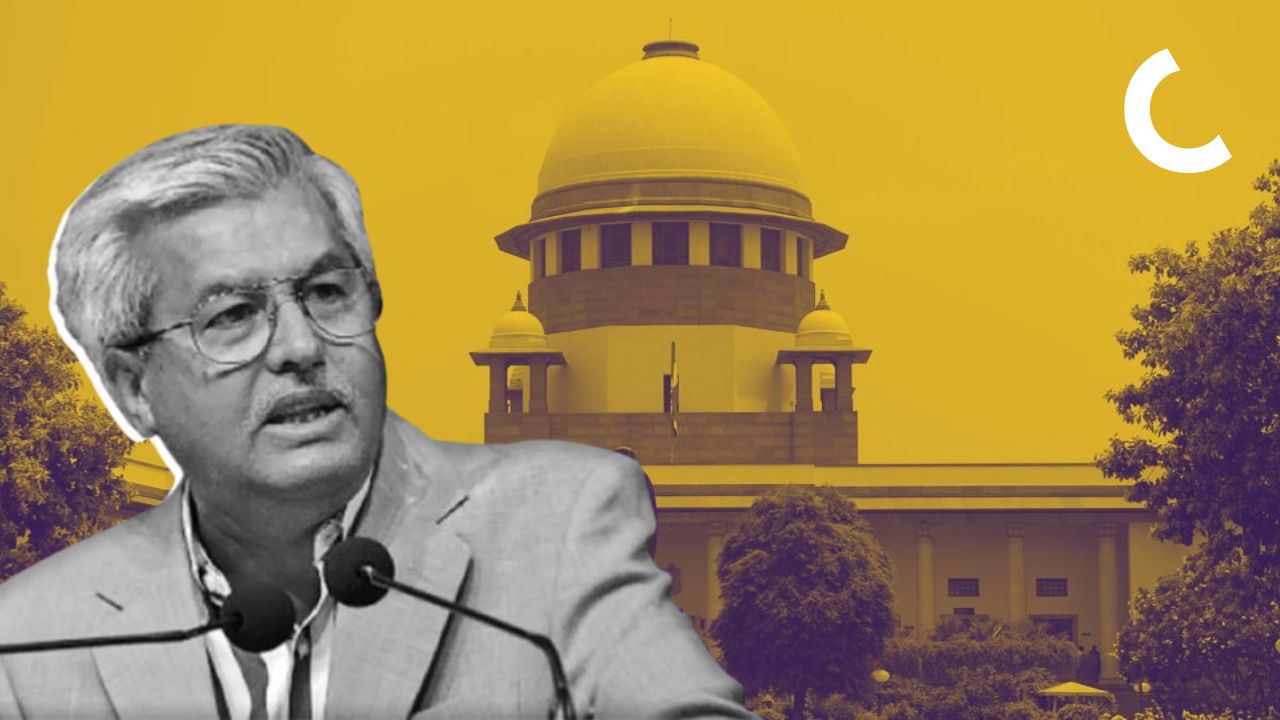Hijab adds to the dignity and makes a woman very dignified when she wears it, like a Hindu woman who covers her head – it is very dignified, Senior advocate Dushyant Dave, representing some of the girl petitioners challenging the Karnataka High Court judgement on hijab verdict told the Supreme Court on Tuesday.
A bench comprising of Justices Hemant Gupta and Sudhanshu Dhulia was hearing the petitioners’ arguments in the ongoing case against the Karnataka High Court’s judgment which upheld the ban on wearing hijab by Muslim students in educational institutions. The petitioners’ side closed the arguments today.
Dave argued that the High Court erred in testing the legality of wearing hijab in public places on the touchstone of ‘essential religious practice’.
Hijab adds to the dignity of Muslim women, he added it is a right protected under Articles 19 and 21 of the Constitution and does not disturb public order or hurt the religious sentiments of others. Girls wearing hijab to school do not violate anybody’s peace and safety and there is certainly no danger to tranquillity. And, there is only one aspect of public order, which could be argued, he said, according to Live Law.
Girls want to wear the hijab, so whose constitutional right is violated? The other students? The school? He argued and differentiated between Sabarimala’s judgment and the hijab case.
In response, the bench said in that case petitioners did not have a fundamental right to enter the temple.
Dave submitted now it has been established that everyone can enter the temple.
Further, he argued that uniform is an “unnecessary burden” on the majority section of society. “Many people don’t have the money to buy uniforms,” he added.
However, the bench said that a uniform is a “leveller” to avoid disparity and one cannot see richness or poverty from the uniform.
The petitioners’ counsel claimed that a series of acts in Karnataka targeted the minority community. To which, Solicitor General Tushar Mehta, representing the Karnataka government, said, “We are not on a public platform. Please stick to pleadings”.
Highlighting the marginalization of the minority community, Dave asked why is it that suddenly after 75 years the state thought of bringing this type of prohibition. “The circular came like a bolt from the blue. Article 25 is crystal clear, and the constituent Assembly debates cement that.”
(Inputs from Live Law)
Rabia Shireen is a Staff Reporter at The Cognate.












































